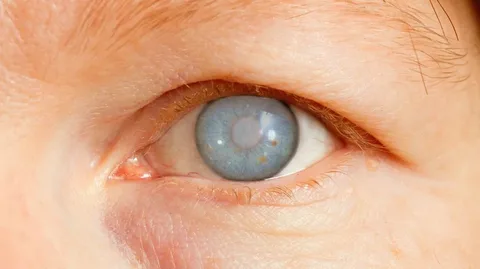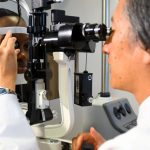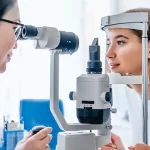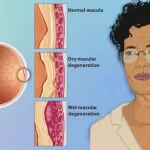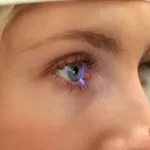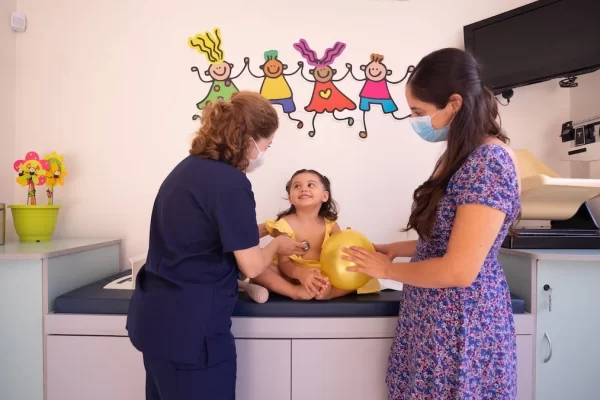Many people are rarely aware that they have glaucoma until their vision begins deteriorating. Advanced glaucoma can significantly impair your vision interfering with your ability to perform your daily activities. If you are looking for effective treatments for glaucoma, you can count on Dr. Stephen M. Wolchok to offer excellent medical care to preserve your vision.
Table of Contents
An overview of glaucoma
Glaucoma is a broad term for several eye conditions that interfere with the functioning of the optic nerve. This nerve relays visual information from the eye to the brain. Damage to the optic nerve is often due to high pressure in the eye; however, glaucoma can develop even with normal eye pressure. Anyone can develop glaucoma regardless of age, race, or sex, although it is more prevalent in older adults. Studies show that it is one of the leading triggers of blindness in people aged 60 and above. Most types of glaucoma have no visible signs. The damage occurs gradually, and you may not notice it until your vision blurs in the advanced stages. Wolchok Eye Associates, PA, recommends specialists routine eye exams that include measurement of eye pressure. Early detection of glaucoma can prevent or slow down vision loss; however, you may need medical attention for the rest of your life.
Different forms of glaucoma
There are two major forms of glaucoma:
- Primary open-angle glaucoma
It is the most prevalent form due to excess fluid in the eye. The aqueous humor is meant to nourish and support your vision, but if the fluid fails to drain through the trabecular meshwork, the inner eye pressure may increase, leading to optic nerve damage.
- Acute angle-closure glaucoma
Acute angle-closure glaucoma is the rarest form that develops when your iris is too close to the drainage angle. This disorder occurs in sudden attacks, resulting in permanent damage if not addressed.
Symptoms associated with glaucoma
Primary open-angle glaucoma occurs slowly and gradually, and you may not experience any symptoms. If left untreated, it, however, results in the decrease of peripheral vision and leads to tunnel vision in advanced stages. Since this glaucoma rarely causes symptoms, you need routine eye exams for early detection. Acute angle-closure symptoms, on the other hand, occur in attacks. Contact your doctor immediately if you experience severe headaches, red eyes, halos surrounding lights, and blurry vision.
Glaucoma management techniques
After diagnosis, the team may educate you about the available treatment options and suggest the most effective treatment. Your provider may recommend medications to increase fluid drainage or reduce fluid production. Dr. Wolchok may recommend laser surgery to create additional drainage if you have primary open-angle glaucoma. Laser surgery options include trabeculoplasty, cyclophotocoagulation, and iridotomy. Medical experts often recommend medications before progressing to more aggressive treatments, but some people may benefit more from laser surgery. If laser surgery and conservative treatments are ineffective, your provider may recommend surgical procedures which involve creating new drainage for the excess aqueous humor.
If you experience symptoms or suspect glaucoma, don’t hesitate to call Dr. Wolchok or schedule an appointment online for examination and treatment.

